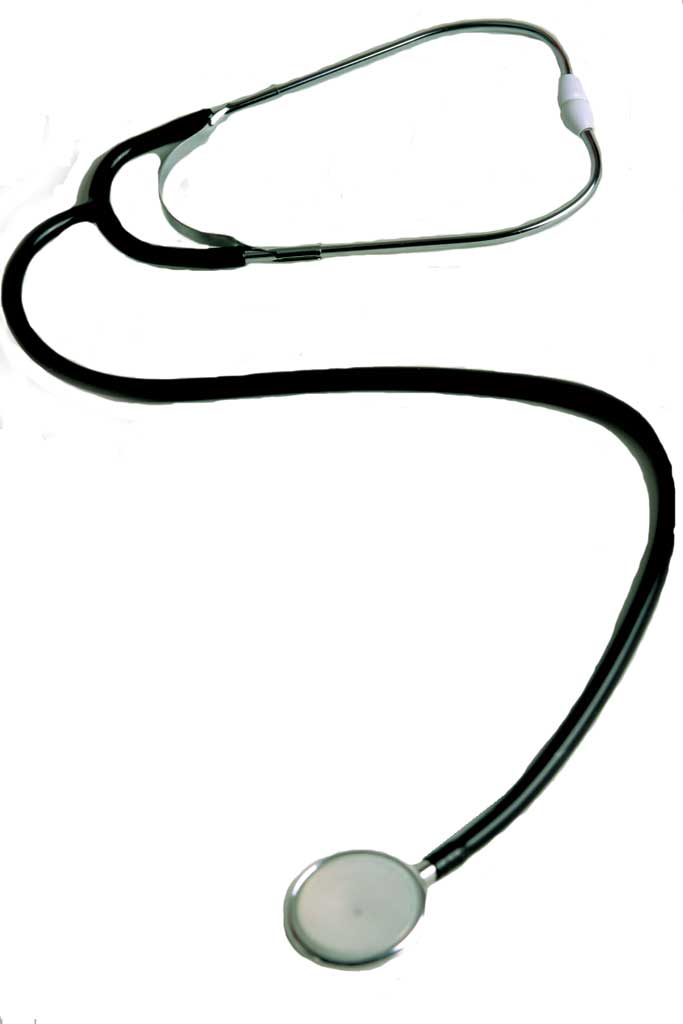By: Maria Clemente
Your child is acting out in school; they are irritable; their attention span seems to have decreased. Something has changed within your child’s behavior and it is noticeable and troublesome. A teacher approaches you and suggests you consider a psychiatric evaluation. This could be an intimidating prospect. At Integrated Care Concepts, we’d like to take the angst out of your anxiety. As we welcome our new Psychiatric Family Nurse Practitioner, Amaka Orji, we welcome a refreshing approach to psychiatric evaluations. When speaking with Amaka, it becomes evident that she uses a holistic approach to psychiatry and keeps the whole person in mind throughout her evaluations.
Amaka expresses that the biggest concern she hears from parents of adolescents, is that they don’t want to change their child through the prescribing of medication. Amaka’s goal is not to change the child, but to help them cope more easily with whatever issue they are experiencing, whether it be hyperactivity, anxiety, depression, etc.
What can parents and children expect as they sit down for an evaluation with Amaka? The family will have an opportunity to express their perspective about the arising issues. She says, “It’s not about judging or diagnosing, and the evaluation is not necessarily going to lead to pills.” The goal is to identify symptoms; symptoms that are causing impairments in at least two environments in the child’s life. If these symptoms cannot be fully addressed with behavioral modifications or therapy, then she will consider medications to can help them get back on track. So when is the right time to consider making an appointment for an evaluation? Amaka suggests to look for impairment or change in functioning. Remember that anger and irritability can be signs of underlying problems. If such behaviors persist, it may be helpful to get a professional opinion. Sometimes a psychiatric evaluation is a good precautionary measure, and can provide peace of mind to a family.
A holistic wellness approach is what you will experience upon meeting Amaka. She says, “You often hear the saying, ‘pills and skills.’ Unless there is work being done in counseling, it’s really difficult to tell a patient that medication will help. Ultimately, the goal is to get the child off medication, and this cannot happen without learning and using skills.” Medicine without counseling, is like using a Band-Aid with no ointment. The Band-Aid will cover up the cut, but without the ointment underneath, it may not properly heal. Amaka is not interested in just masking symptoms. She wants to provide all the tools for her patients to experience true healing.

